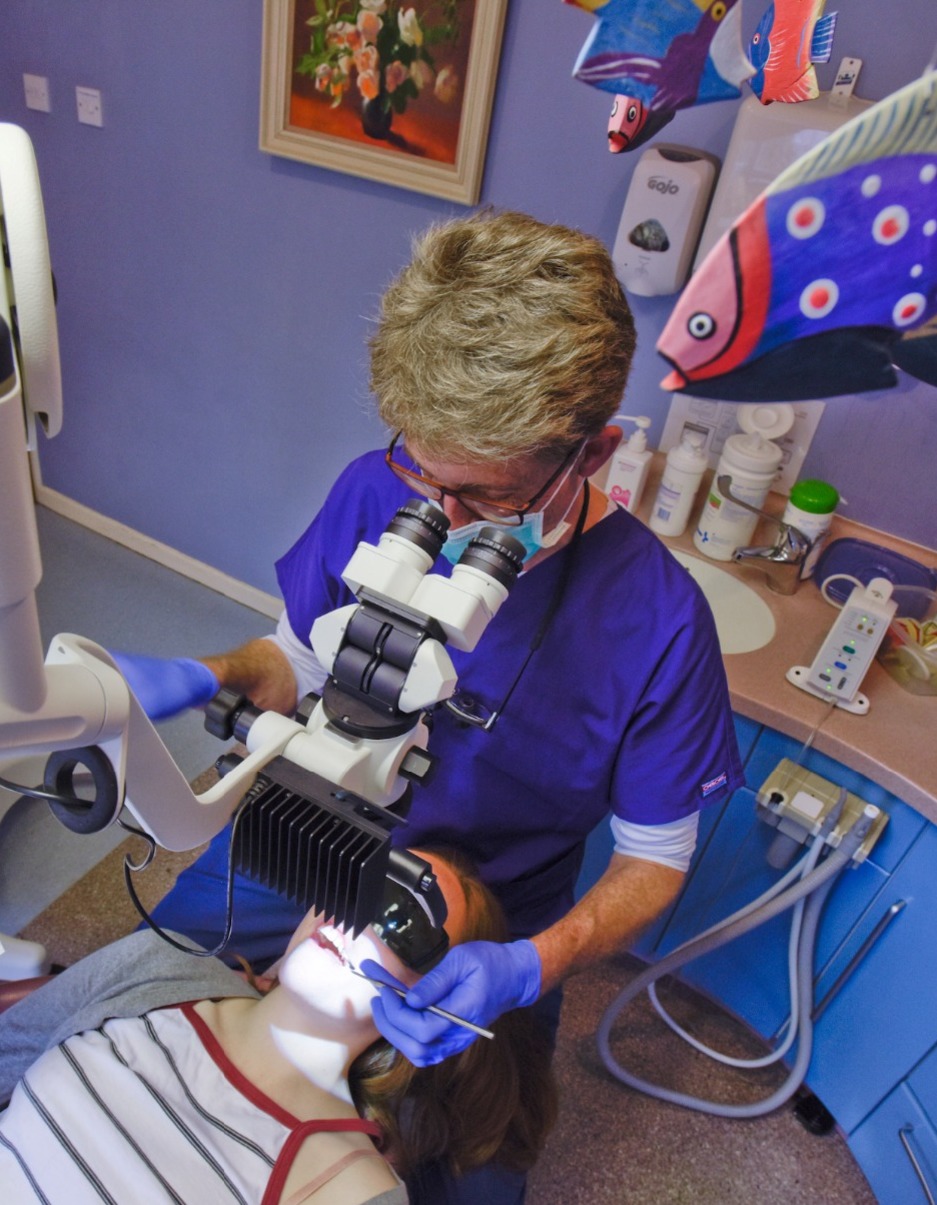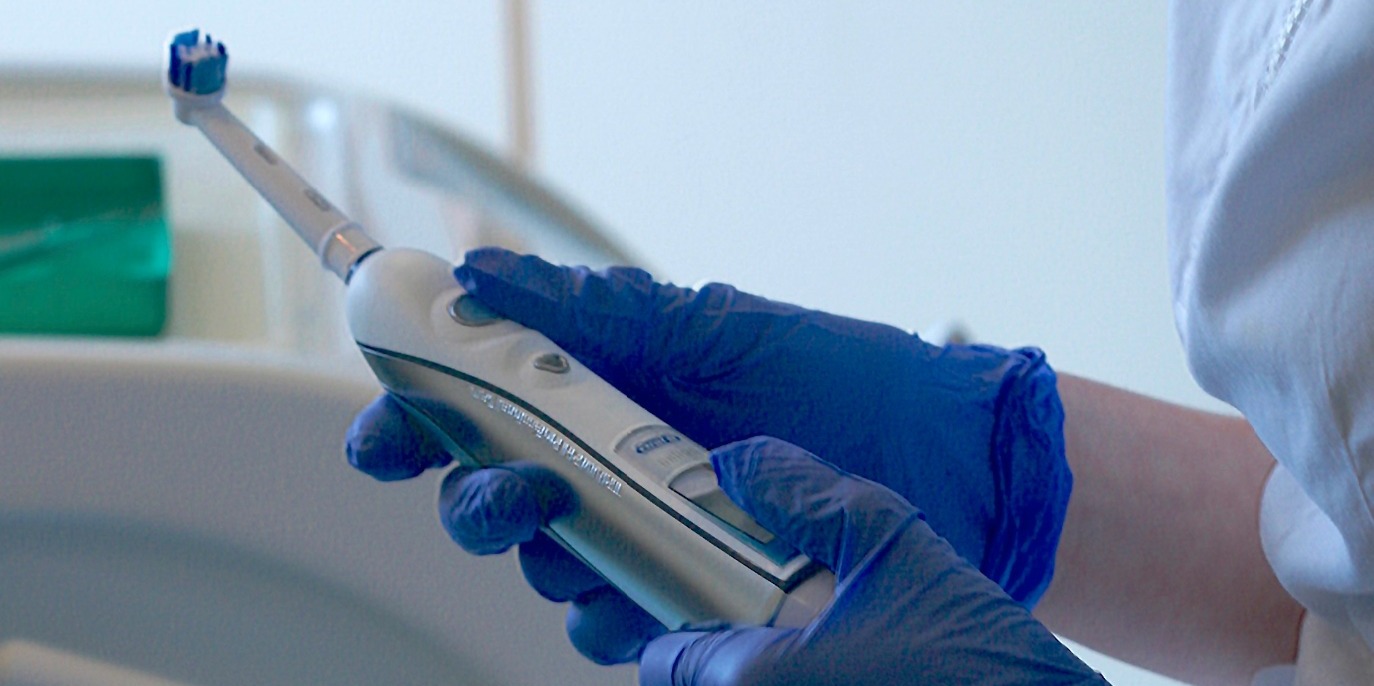Root Canal Treatment
When would I need a root canal treatment?
The crown of the tooth is made up of the hard, white, enamel layer and a thicker dentine layer. Both these hard layers protect the innermost soft tissues of the tooth called the pulp. The dental pulp contains blood vessels and nerves and extends from the crown to the tips of the root or roots.
Root canal treatment involves the removal of the pulp tissues from the tooth in the event that it gets infected or inflamed. The pulp can be infected or inflamed due to deep decay, an extensive restoration that involves the pulp, cracked or fractured tooth due to trauma, excessive wear of enamel and dentine exposing the pulp, and sometimes as a result of severe gum disease.
Signs of pulp damage may include pain, prolonged sensitivity to heat or cold, discoloration of the tooth, swelling, tenderness of the overlying gums or a bad taste in the mouth. On the other hand, there may be no symptoms at all. If pulp inflammation or infection is left untreated, it can eventually cause pain, swelling and loss of the supporting bone.

Is the treatment painful?
The tooth will be completely numbed with local anaesthetic during treatment, so the procedure should be pain free. After the treatment the tooth may be tender, but his can be relieved by taking painkillers. If the pain persists for more than a day or so you should contact us.
How is root canal treatment carried out?
The tooth will be thoroughly anaesthetised with local anaesthetic. Then a sheet of rubber dam will be applied to the tooth; this is to ensure that the procedure is carried out with the highest level of hygiene. At Reepham Dental Centre we do this treatment with the aid of a dental microscope which enables us to see all the way down the canal and ensure that it is cleaned out thoroughly. The tooth is opened up to access the infected pulp of the tooth. The canals are found and thoroughly cleaned out and disinfected with antibacterial solution. Usually we will dress the canals with an antibacterial medicament and a temporary filling.
Then at a second visit we do some further cleaning out and then fill the canals with the permanent root filling. We will then restore the top of the tooth with just a filling or more commonly with a crown. A crown is often necessary to prevent the tooth from fracturing. Several x-rays may be taken during and after the appointment to ensure that the treatment is done to a high standard.
Because of the difficult nature of root canl work we very often refer to a specialist practice in Norwich for this to be carried out there.

Practice good oral hygiene, including brushing and flossing at all times, as root-filled teeth are as prone to decay as natural teeth. It is also important to have your treated tooth reviewed regularly by your dentist (this will be done by examining it and periodically taking an x-ray of the roots).







